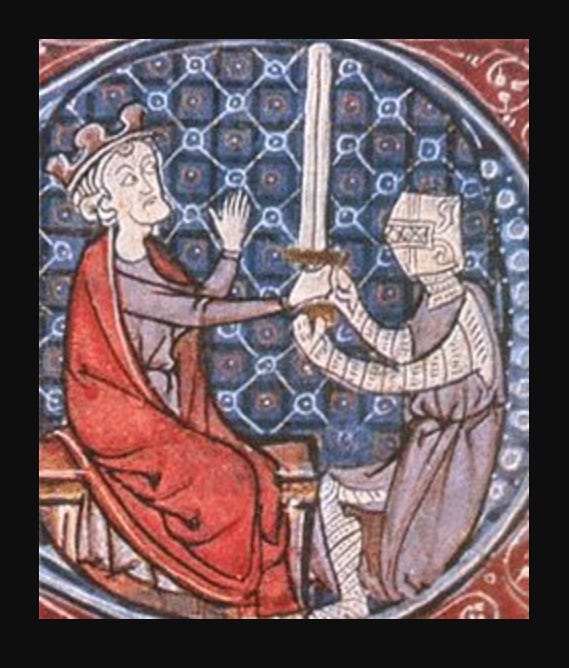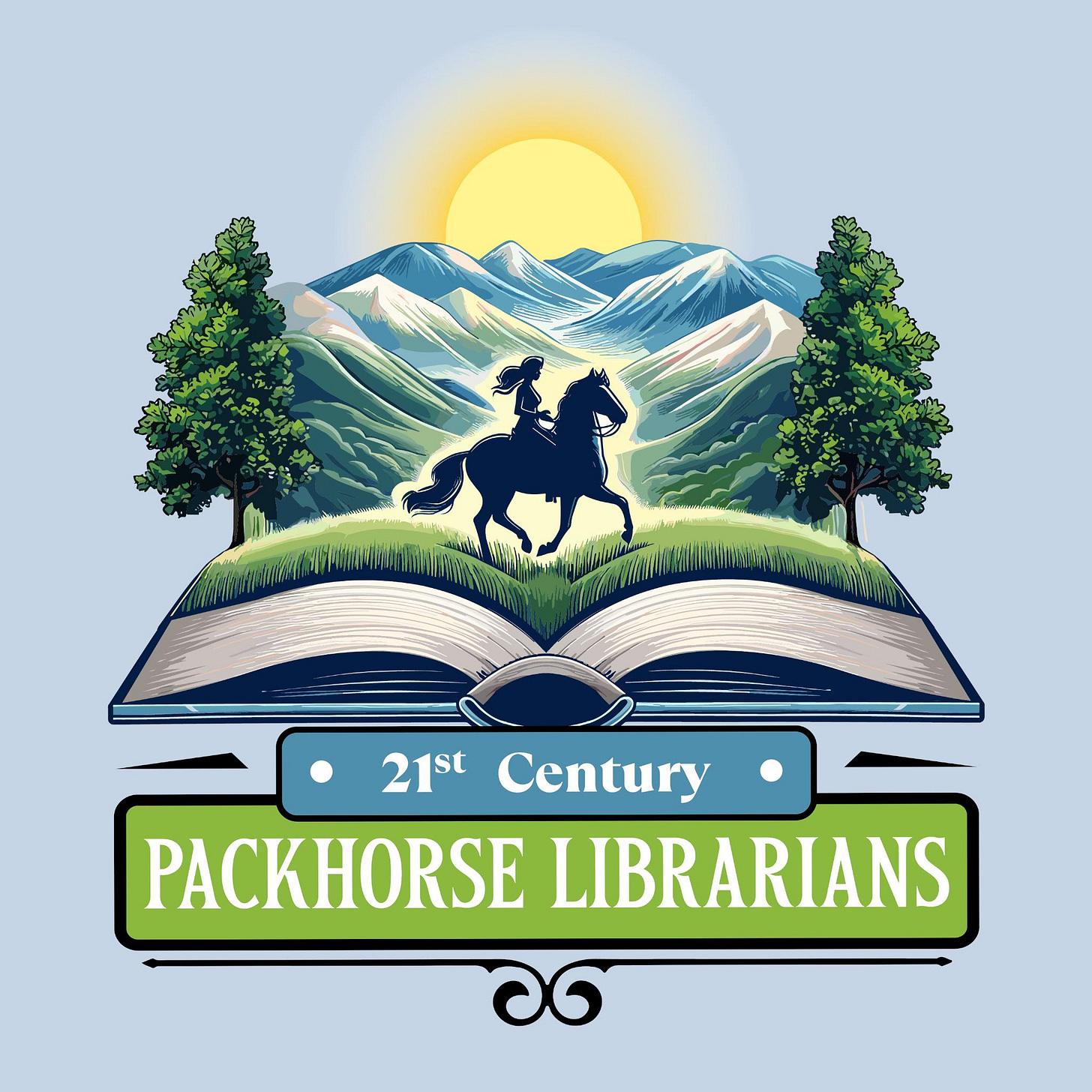Fewer young boys are reading books.
Why is that?
To be totally frank, I didn’t know this was an issue at first, because I’m a homeschooled kid who then went to Duke. So I’ve always been in a bubble where there was lots of reading.
But then I heard many questions directed to me by many faithful mommas concerned for their young boys. Then I looked at the numbers myself, and I’ll admit I was quite surprised.
Afterward, I kept bumping into several in-depth discussions of this topic over and over (most recently on the discussion forums at The Habit), and I myself started to wonder what was up. As everyone has said, it’s a complex and multifactorial problem. Apparently, the numbers show that literacy in general is declining, but as it does so, the gap between boys and girls remains constant. As I’ve researched, I’ve seen many offer their chosen reason for this decline (i.e. boys tend to read later, any kid with emotional turmoil can’t really focus to read, popular public pedagogy for reading isn’t effective, etc.). No doubt, all of these are part of what’s going on.
Having XY chromosomes, I’ve even expressed my own personal viewpoint on occasion (see footnote1). But honestly my opinion isn’t as interesting as C.S. Lewis’ take on the root issue of this admittedly multifaceted problem, which he summarized nicely in “The Necessity of Chivalry”.
In the essay, he basically he splits men into two natural camps—the jock and the nerd, or the warrior and the artist. Or as Lewis more elegantly phrases it:
Humanity falls into two sections—those who can deal in blood and iron but cannot be “meek in hall”, and those who are “meek in hall” but useless in battle—for the third class, who are both brutal in peace and cowardly in war, need not here be discussed. When this dissociation of the two halves…occurs, history becomes a horribly simple affair…Modern machinery will not change this cycle; it will only enable the same thing to happen on a larger scale. Indeed, nothing much else can ever happen if the “stern” and the “meek” fall into two mutually exclusive classes. And never forget that this is their natural condition. The man who combines both characters—the knight—is a work not of nature but of art; of that art which has human beings, instead of canvas or marble, for its medium.”
Lewis maintains that the dissociation of the “stern” and the “meek” is the natural condition. And, yes, Lewis already knows some of the immediate objections to this dichotomy:
In the world today there is a “liberal” or “enlightened” tradition which regards the combative side of man’s nature as a pure, atavistic evil…And there is also a neo-heroic tradition which scouts the chivalrous sentiment as a weak sentimentality, which would raise from its grave (its shallow and unquiet grave!) the pre-Christian ferocity of Achilles.
We’ve probably all seen this on our social media feeds, both halves of it. And if not there, then we saw it in high school, where half of us demonized the jocks, and the other half of us demonized the nerds.
This happens naturally, as Lewis says. In my son’s class, the bifurcation is starting to happen in second grade because one kid is forcing the issue. One little warrior-jock mocked an artist-nerd boy as a “baby,” and so all the other boys fell in line, not wanting to be mocked. Sadly, it will always happen, somehow or some way.
Sometimes, a little warrior will mock some little artist for reading. Conversely, after enough pressure, some little artist will enact revenge and tell the little warrior he’s dumb as a brick. Other times it is the little artist who starts it by mocking the little warriors who are slower to read. Either way, the sad cycle of history continues.
But what if the world desperately needs the strange hybrid of the warrior-artist, the jock-nerd? “The man who combines both characters,” as Lewis phrased it, or in other words, a simultaneous pugnacious warrior & gentleman scholar?
C.S. Lewis names this strange and unnatural hybrid the knight, or the Lancelot. A Davidic kind of man with gentle hands that can deftly strum a harp, or chop off Goliath’s head.
I am an artist type. I’m an avowed nerd. I was pretty sure the warrior-jock types were the root of all evil for most of my teens and twenties. In his autobiography, Lewis makes it clear that he, too, was an artist type in a brutal boarding school dominated by sadistic bullies. His early letters and poetry make it clear he despised the warrior kind of man who had made his life hell. But when he became a Christian, Lewis learned how to forgive, and in so doing, he saw the necessity of the knight, the necessity for the thing he once hated.
It’s worth noting that Lewis wrote and published this essay, “The Necessity of Chivalry,” during the Battle of Britain, when warriors were dying daily.
The knightly character is art not nature—something that needs to be achieved, not something that can be relied upon to happen… The ideal embodied in Launcelot is “escapism” in a sense never dreamed of by those who use that word; it offers the only possible escape from a world divided between wolves who do not understand, and sheep who cannot defend, the things which make life desirable. There was, to be sure, a rumor in the last century that wolves would gradually become extinct by some natural process; but this seems to have been an exaggeration.
As per usual, Lewis is correct—the wolves are still very much with us. If anything, the wolves have actually grown more cunning, more cruel, and more savvy as time progresses. They don’t have to huff and puff anymore; with AI and social media, they hardly have to leave their dens.
Sadly, until Jesus returns, the wolves will never leave us; they will only change forms. Jesus never said the lion will lie down with the lamb simply because of better education or social progress. No, the wolves will never leave us. However, the knights may. They have often left the pages of history, and they may do so again.
And this brings us back to why boys don’t read. Because too few books teach them the information that they desperately want to know. All boys can feel this call to be knights in their blood, but it is hard work to join the warrior and the artist together into the knight: the gentle Davidic warrior. All too often, through poor mentorship (or no mentorship) little boys lose hope, acquiesce, and deform into merely lupine jocks or vulpine nerds. They miss that opportunity to become the “lion-lamb.”
The lion-lamb—that kind of man is rarer than fine rubies.
In a perfect world, little lion-lambs would learn everything from an older lion-lamb. Sadly, we have very few still among us. Still, a similar effect can also be achieved by a collaborative friendship between an artist who values the warrior, and vice versa. But this, too, is sadly rare.2
However, there is a third option—
If a story can show it, a little boy can imitate it.
If this strange “lion-lamb” hybrid can be glimpsed by little boys in literature, then with God’s grace, they can breathe that mere ink into flesh and blood life.3
For boys to want to read, they need to understand that books aren’t moral oughts, nor yet another chore to make them better.
What boys crave is mentorship. If they see that blood and iron can be changed into ink, then they will read. If they realize that the same ink can train them in what knightship looks like in the age of Gen Alpha, then they will devour books.
Little boys need stories that can show them what the whispers of dragons sound like in the age of the internet, and how to enter into an ancient knighthood right in the middle of the AI-robotic revolution. Then they will read.
Every little boy, both the artists and the warriors, knows in his gut that he is meant to be a knight, but without mentorship, they don’t know what it means. So they’re drawn to cowboys, or comic superheroes, or space heroes, because that’s the closest approach to the knight that they know.
There just aren’t enough mentors to meet the crushing demand, but there are enough books. There are plenty of books to show young boys knights like Aragorn, Picket Longtreader, Peter Pevensie, Gandalf the Grey, Janner Wingfeather, or Dobro Turtlebane. And then there are stories of the real knights of other eras, men like C.S. Lewis, William Wilberforce, Brother Andrew, or Billy Graham.
In books, little boys can disciple under knights past, both real and literary.
If and when we write these books for little boys, then we won’t be able to stop them from reading.
So where are these books?
They’re rarer than they need to be, but I’ve already mentioned a few: The Lord of the Rings, The Chronicles of Narnia, The Wingfeather Saga, The Green Ember Series, and The Wilderking Trilogy.
In addition (Bander-plug!), there’s Red Rex with a literal warrior befriending an ancient nerd whilst riding dinosaurs, and The Balter of Ashton Harper in which a young dancer wrestles with following his dreams and fighting for his sisters.
What others are there? If you know of more, mention them in the comments!
May 9, 2025 - Joy on the Mountain Jubilee with the 21st Century Packhorse Librarians - Purchase books to donate using code PACKHORSE
June 24, 2025 - Release of mystery novel for older readers by Katherine Ladny Mitchell, Not to Be - Preorders OPEN
July 18–20, 2025 - Bandersnatch at the Realm Makers Expo in Grand Rapids, Michigan. Learn more
September 23, 2025 - Release of middle grade fantasy novel by Glenn McCarty, The Song of the Stone Tiger
Fall 2025 - Release of illustrated children’s poetry anthology, I’ve Got a Bad Case of Poetry - Preorder on the Kickstarter Platform
November 2025 - Release of lower middle-grade novel by Mary Barrows, Joe the Fourth and the King’s Crown
Help Us Support the 21st Century Packhorse Librarians!
During the Great Depression, a group of women saddled up their horses and delivered books through the Appalachian Mountains. In the aftermath of Hurricane Helene, Kirsten Turner is leading a group bringing books back to Appalachia, 21st-Century Style. You can learn more about the project in this article!
We connected with Kirsten earlier this year through the Story Warren community and packed up a box of books for them to use at some of their early spring events. We’d like to do it again, but we need your help! Here’s how:
Order any books from our website using code PACKHORSE for 40% off.
If you’d like to help us with shipping costs, that’s all you need to do. If you can’t help with shipping, you can also add code PACKSHIP for free shipping.
We’ll package up all the books you order and ship them to the Packhorse Librarians in batches or take them when we volunteer at an event.
You can fill in our address for the shipping address: P.O. Box 2473, Indian Trail, NC 28079
*Any orders using these codes will be sent to the Packhorse Librarians for Western North Carolina.
Did you know you can still back the I’ve Got a Bad Case of Poetry? It's currently in production and we plan to have it in your hands before Christmas, but you can still get in on the preorders through the Kickstarter platform.
Also please follow Bandersnatch Books on Instagram or Facebook!
My $0.02, young boys basically respond to role models. If the men they really respect read, then they will too. It's a multifactorial issue, but I think one of the key ones is that it compounds. If one generation of men doesn't read, they model that for the next. As for me, I was a homeschooled nerd, so I was trained to discount broader culture and simply do my own thing. But that said, I also was around lots of men who read, and so it was modeled for me.
We men have to remember that God made us each warrior-artist, but each with a different balance in that make up. And the mostly-warriors need to accept the mostly-artists, and vice-versa. God made us both, so neither is superior, neither is inferior. (*Jumps off soapbox.*)
For me, C.S. Lewis was that mentor. Discovering Lewis was one of my main spurs out of my baseball-mania into avid-readership.














Curdy comes to mind. And Peeta Melark from The Hunger Games.
My boys love Nathan Hale’s Hazardous Tales. They are a graphic novel series about American History. They are very well researched and I have enjoyed the ones I have read. My sons have read them all. Some of my sons took longer than average to be able to read independently, but we have always had a family read aloud going (or more). I feel so fortunate that my husband also reads aloud to them from time to time. He loves Tolkien’s works and he first read The Hobbit to them when they were 4, 4, and 2. Our boys have now listened to The Hobbit three times, The Lord of the Rings twice, and The Silmarilian once. My husband also reads them Tolkien’s poetry. While we alternate our evening read alouds, Lewis and Tolkien recur frequently. And lest it sound like something we make them listen to, it was my son who suggested the latest rereading of The Hobbit.
I loved reading growing up, but I only rarely had that love line up with my parents’ reading. I enjoy sharing new stories and old favorites with my children. And I am blessed that my husband feels the same way.